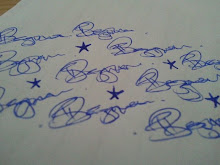Metz had a theory, and in his book ‘Language and Cinema (1974)’ he explored the development of genre film and suggested that genres pass through four different stages of existence.
- The experimental
- The classic
- The parody
- The deconstruction
The experimental - The stage of early films which explored and experimented with the horror themes in its narrative films such as ‘The cabinet of Dr Cagliari’ (1919) and ‘Nosferati’ (1922). It helped formalize the convention horror films in its earlier stage.
The classic – The stage of film which established the narrative convention of the horror genre in its most successful and defining period. Examples include ‘Dracula’ (1931) and ‘Frankenstein’ (1931)
The parody – Films that have mimicked the horror genre in a comical way. Examples include ‘’Abbot and Costello meet Frankenstein’ (1948), ‘Carry on screaming’ (1968) and ‘Scary movie’ (1998)
The deconstruction – Films that have taken generic elements of the horror genre and amalgamated them into varying sub genres, such as ‘Se7en’ (1995), ‘The sixth sense’ (1999) and ‘Scream’ (1998)
Combination of genres
Se7en – psychological thriller/horror
The sixth sense – supernatural thriller/horror
Scream – teen movie/horror






0 comments:
Post a Comment